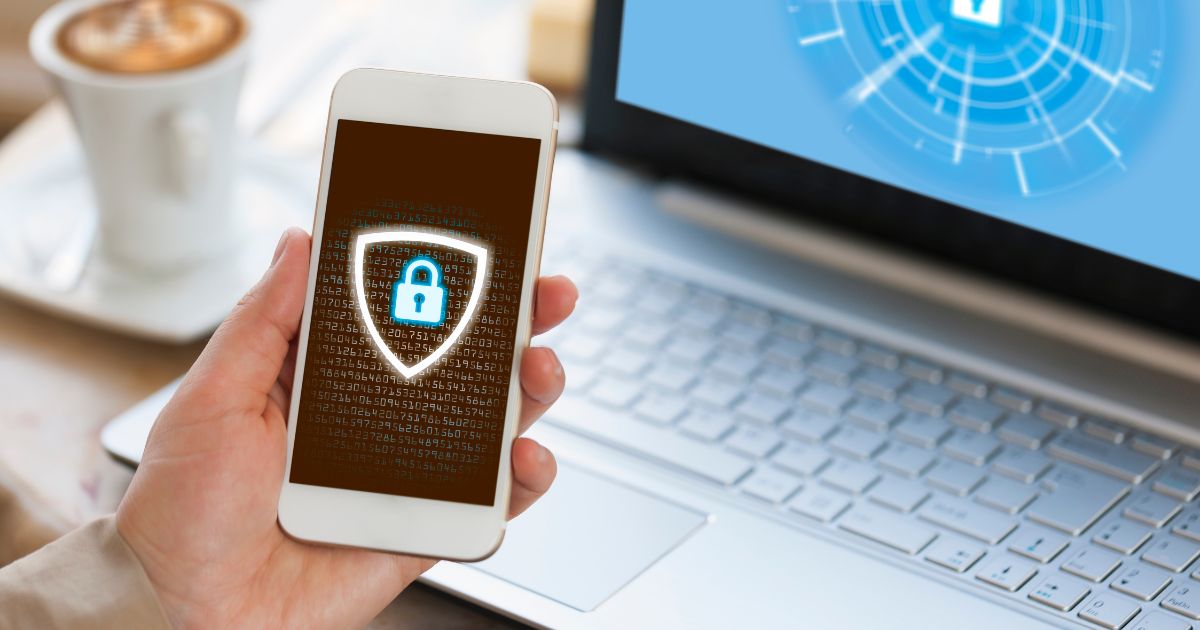- Who We Are
- What We Do
- Success Stories
- Careers
- News & Events
- Contact us

The telecom business connects the world. It is an integral part of our everyday lives, from private chats to corporate contacts, and we take many aspects for granted. This sector enables speedy communication anywhere in the world, whether through the phone, the internet, airways, or cables.
As technology has advanced, our globe has expanded, and the dangerous environment has evolved, cyber-attacks on the telecom industry have increased dramatically. Given that this business handles the great bulk of complex and essential national infrastructure, a successful attack would have a far-reaching impact.
In this article, we will define cybersecurity, discuss common cyber security dangers that telcos face, and the reasons why telco companies need to start investing more in cyber security. Read on!
What is Cyber Security?
In the most basic terms, cybersecurity is the practice of protecting electronic systems, networks, and data from unauthorized access or damage. Cybersecurity is also known as information security, computer security, or IT security.
There are many different types of cybersecurity threats, including viruses, malware, phishing attacks, and denial of service attacks. Cybersecurity threats can target any type of electronic system, including computers, smartphones, tablets, and even industrial control systems.
The Importance of Cybersecurity For Telco Companies
Cybersecurity is important for telcos for several reasons. First, telcos are often the first line of defense against cyber attacks. They are responsible for protecting their networks and customer data from attack. Second, telcos are often the target of attacks. Hackers may attempt to break into telco networks to steal customer data or to disrupt service. Finally, telcos may be held liable for damages caused by cyber-attacks. This is why it is important for telcos to have strong cybersecurity measures in place.
Common Cyber Security Threats Facing Telcos
Telcos face several unique cyber security threats. These include:
1. Denial of Service Attacks
A denial of service attack is when a hacker overloads a network or server with traffic, preventing legitimate users from accessing it. This can be done by flooding the network with requests, or by taking over thousands of devices and using them to send traffic to the target.
2. Malware
Malware is malicious software that can infect devices and steal data. It can be spread through email attachments, downloads, or even visiting infected websites.
3. Phishing
Phishing is a type of social engineering attack in which hackers pose as a trusted entity to trick users into revealing sensitive information, such as passwords or credit card numbers.
4. Insider Threats
An insider threat is when an employee, contractor, or another insider intentionally or unintentionally threatens an organization’s security. This can be done through carelessness, malicious intent, or simply not understanding the importance of cyber security.
5. Industrial Control Systems
Industrial control systems are used to manage critical infrastructure, such as power plants and water treatment facilities. They are often connected to the internet, which makes them vulnerable to cyber-attacks.
How Telcos Can Improve Their Cybersecurity
Telcos are under constant attack from cybercriminals. Here are some ways they can improve their cybersecurity.
1. Improve Cybersecurity Awareness
Telcos need to improve cybersecurity awareness among their employees. They should provide training on identifying and avoiding phishing emails, social engineering attacks, and other common threats.
2. Implement Strong Password Policies
Telcos should implement strong password policies to protect customer data. They should also require Two-Factor Authentication (2FA) for all accounts.
3. Use Encryption
Telcos should use encryption to protect customer data. They should also require employees to use encrypted communication channels when possible.
4. Implement Intrusion Detection and Prevention Systems
Telcos should implement Intrusion Detection and Prevention Systems (IDPs) to detect and prevent cyber-attacks.
5. Conduct Regular Cybersecurity Audits
Telcos should conduct regular cybersecurity audits to identify weaknesses in their systems. They should also hire third-party firms to conduct penetration tests.
Conclusion
The threat of cyberattacks is real and growing. Telcos must take steps to protect their customers’ data and their own networks. Cybersecurity is a shared responsibility. Telcos must work with their customers to ensure that their data is safe.
Here at Informatics, our cybersecurity team has a diverse portfolio of solutions tailored to help organizations protect themselves against cyber-attacks. Whether it’s banking, insurance or egovernment software solutions, or cybersecurity, we’ve got you covered. Secure your telco company’s future by getting in touch with us today!
Written by Daniele Paoletti
